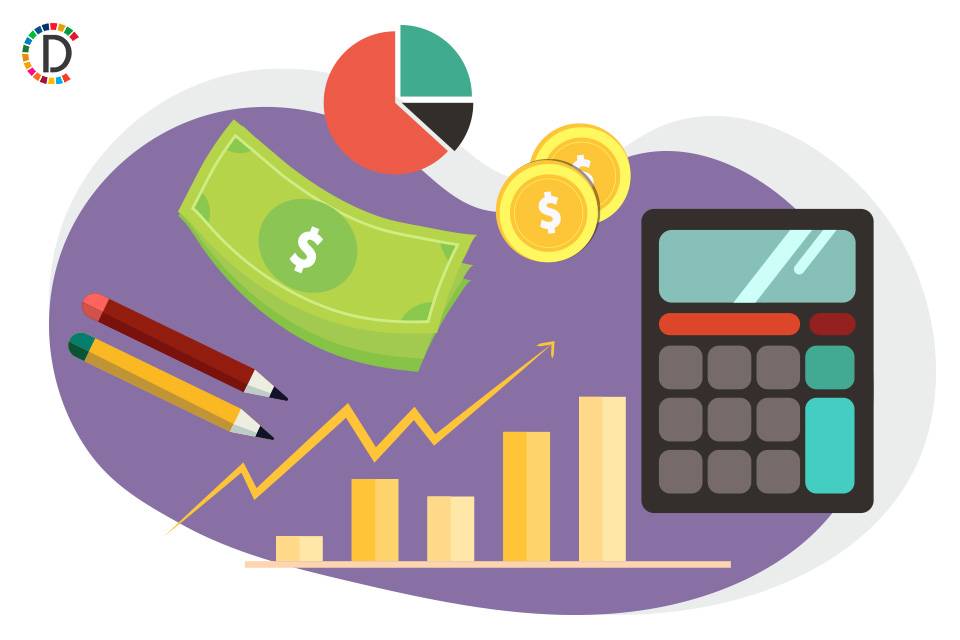GLOBAL MARKETS-Global equity markets jump, bonds dip, on hopes of vaccine-led recovery
Bets on more easing from the U.S. Federal Reserve to help the economy through the winter weighed on the dollar as riskier currencies rose, while crude prices struggled to join the bounce after oil-producing countries delayed a decision on output cuts. Pfizer Inc on Tuesday said it had asked for emergency European Union authorization of its vaccine, taking it closer to launch following a similar move in the United States last month.

Stock markets rose and safe havens such as U.S. Treasury bonds dipped Tuesday as better-than-expected factory data and signs that the first coronavirus vaccinations could be administered by the end of the year helped prolong a worldwide rally in risk assets despite an acceleration of the pandemic. Bets on more easing from the U.S. Federal Reserve to help the economy through the winter weighed on the dollar as riskier currencies rose, while crude prices struggled to join the bounce after oil-producing countries delayed a decision on output cuts.
Pfizer Inc on Tuesday said it had asked for emergency European Union authorization of its vaccine, taking it closer to launch following a similar move in the United States last month. Moderna Inc applied for U.S. authorization on Monday after full results from a late-stage study showed it was 94.1% effective with no serious safety concerns.
"We believe the rally can continue, with the current pipeline of expected vaccine rollouts, in line with our central scenario of widespread availability in the second quarter of 2021," said Mark Haefele, chief investment officer at UBS Global Wealth Management in Zurich. MSCI's gauge of stocks across the globe gained 1.23% following broad gains in Europe and Asia, with Japan's Nikkei closing near a 29-1/2-year high.
China's blue-chip CSI300 index rose 2.2% after a business survey showed activity in China's factory sector accelerated at the fastest pace in a decade in November. In the UK, factories recorded their fastest growth in almost three years last month, a survey showed on Tuesday. In midday trading on Wall Street, the Dow Jones Industrial Average rose 309.61 points, or 1.04%, to 29,948.25, the S&P 500 gained 48.2 points, or 1.33%, to 3,669.83, and the Nasdaq Composite added 149.46 points, or 1.23%, to 12,348.19.
Breakthroughs in vaccine developments from Pfizer, Moderna and AstraZeneca in November along with a market-friendly outcome of the U.S. presidential election helped the MSCI world stock index score its best month on record in November, up 12% to new all-time peaks. Coronavirus cases have touched multimonth highs in South Korea, Hong Kong and Europe over the last week, while the United States posted a record 4.2 million new cases in November.
"What we are seeing today is that upward trend reasserting itself, given the positive news on the vaccine front, China's growth picking up, and the tremendous faith in the ability of central banks to keep the markets afloat," said Stephen Miller, market strategist for GSFM Funds Management. In foreign exchange markets, the dollar was under pressure after closing out its worst month since July on Monday with a little bounce, and as investors reckon on even more U.S. monetary easing.
In a speech released late on Monday, Fed Chair Jerome Powell said a slowing recovery and a surging pandemic meant the United States was entering a "challenging" few months, with the potential deployment of a vaccine still facing hurdles. Bitcoin was volatile, falling as much as 6% after hitting a record high earlier in the day.
Benchmark U.S. 10-year notes last fell 23/32 in price to yield 0.9178%, from 0.842% late on Monday, as the U.S. Congress began a two-week sprint to secure funding and avoid a possible government shutdown amid the coronavirus pandemic. Oil prices were volatile after leading producers delayed talks on 2021 output policy, while the coronavirus pandemic continued to sap fuel demand.
U.S. crude fell 1.32% to $44.74 per barrel and Brent was at $47.50, down 0.79% on the day.
(This story has not been edited by Devdiscourse staff and is auto-generated from a syndicated feed.)
- READ MORE ON:
- Jerome Powell
- Stephen Miller
- Mark Haefele
- Brent
- Moderna Inc










